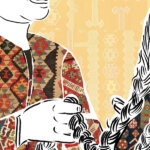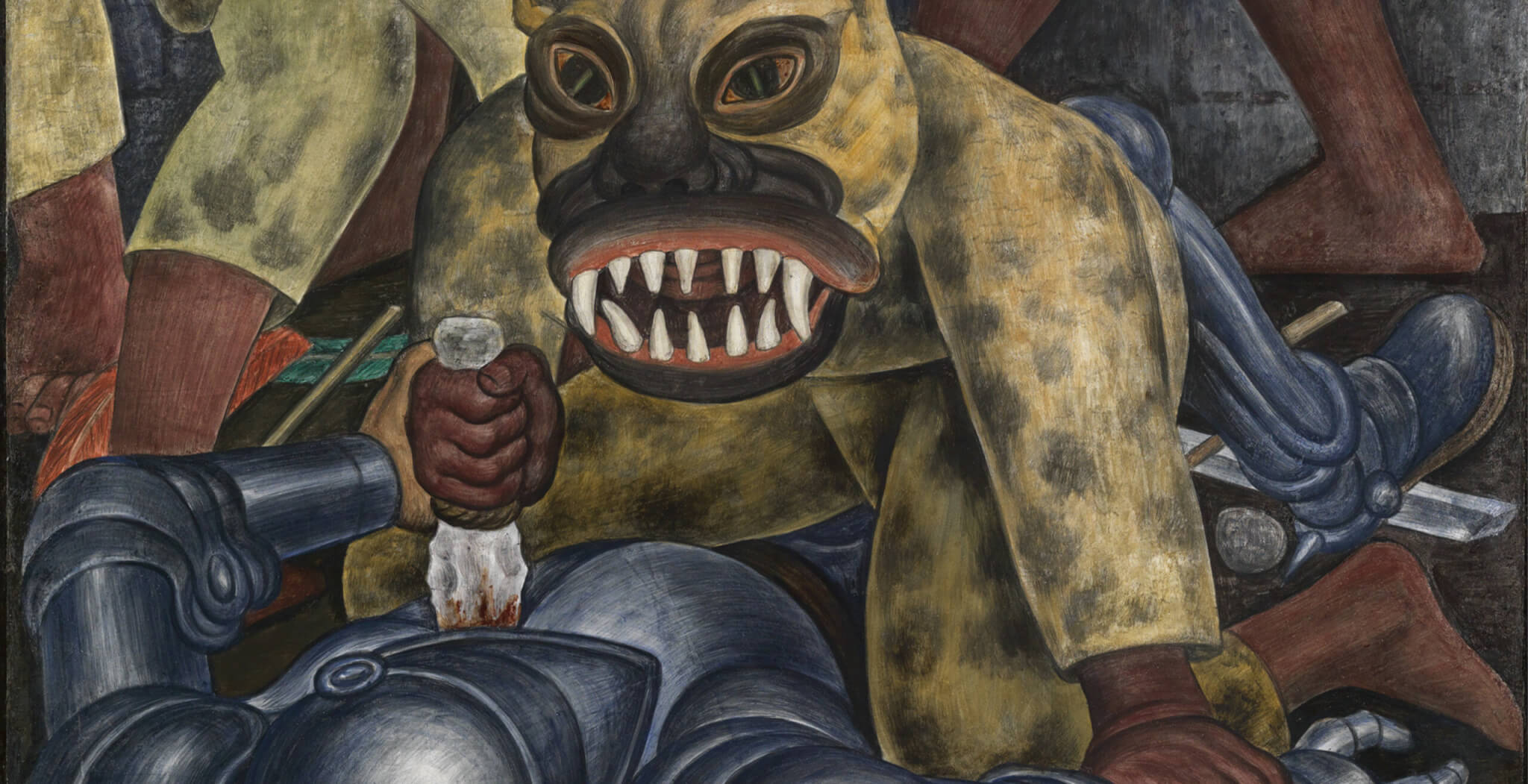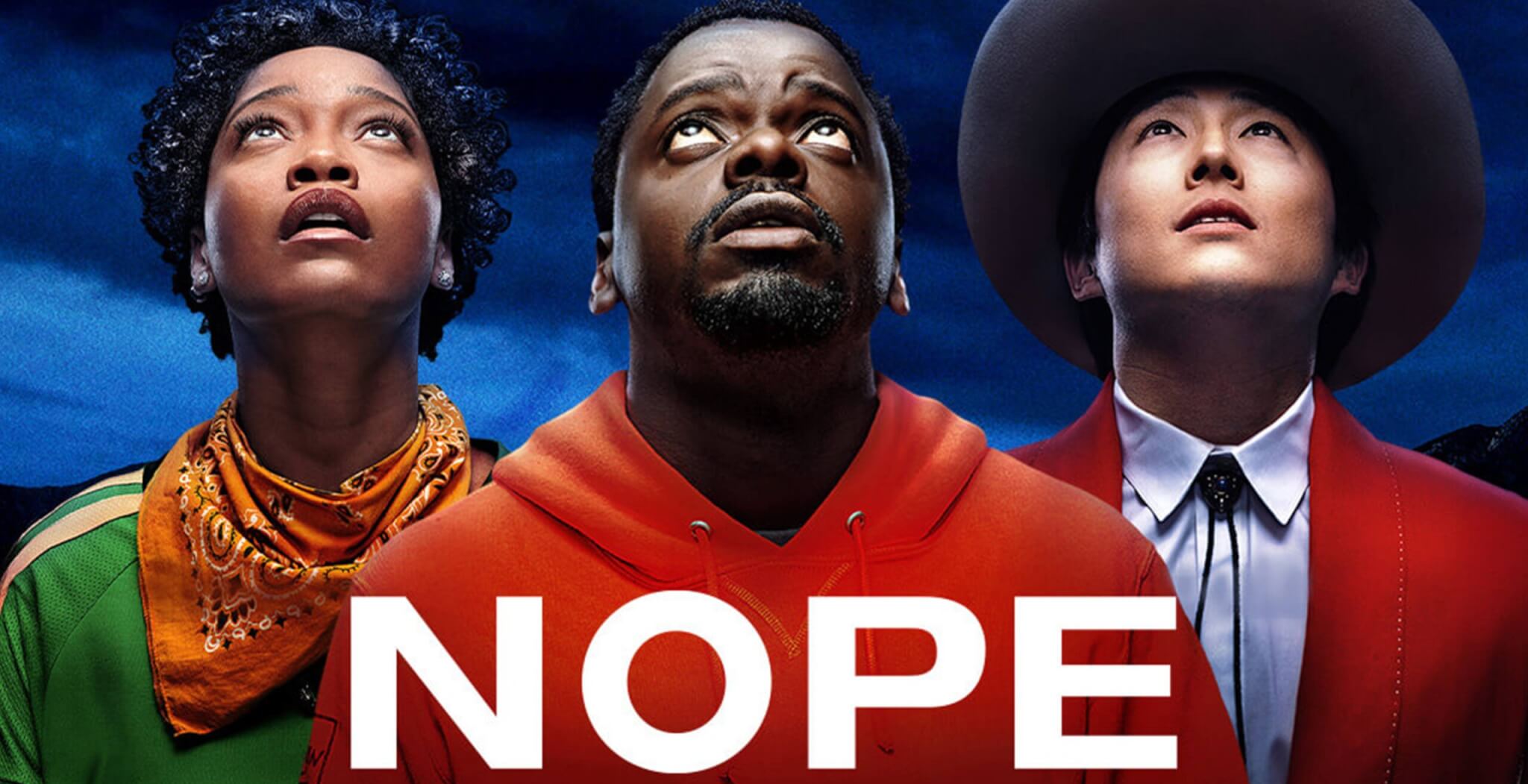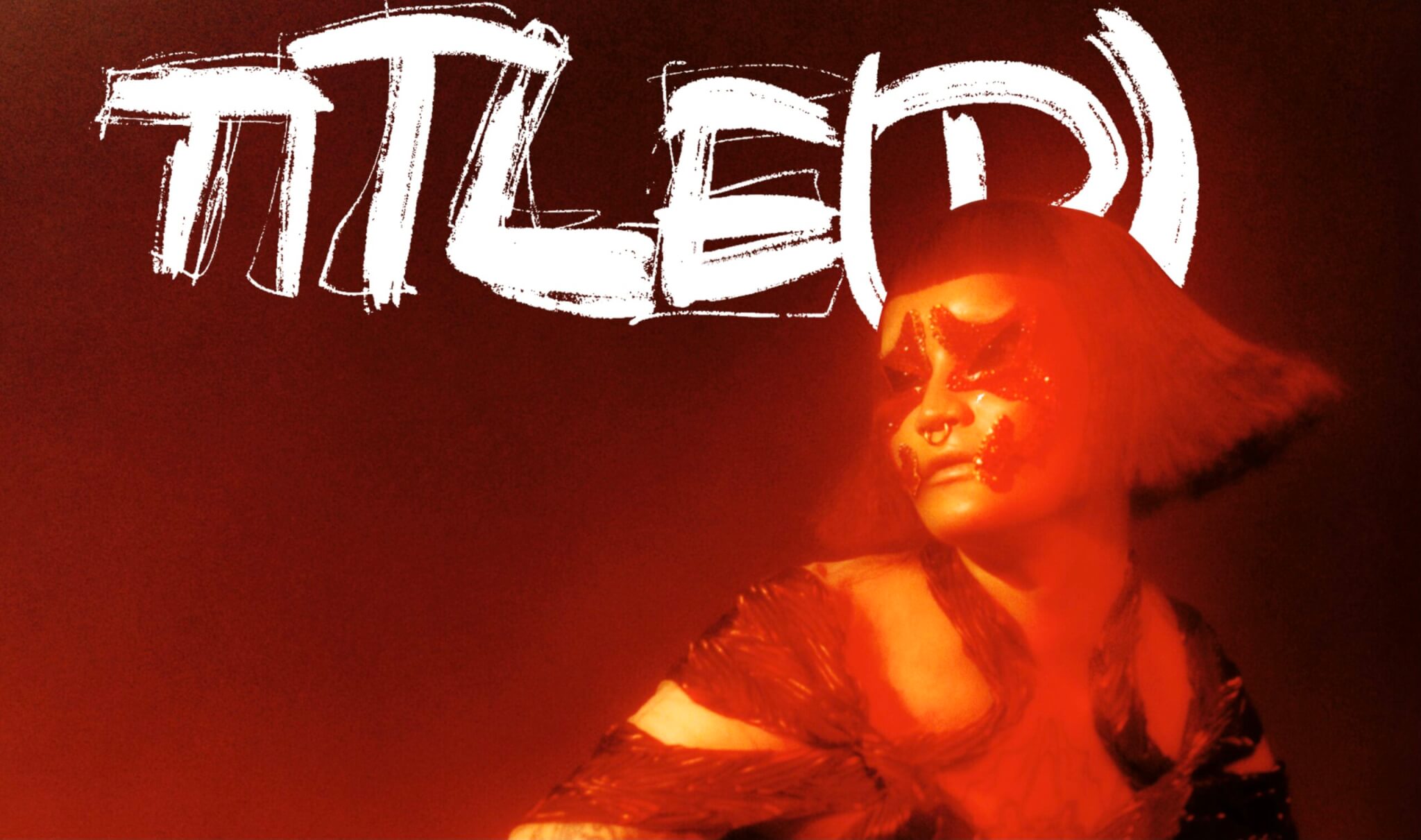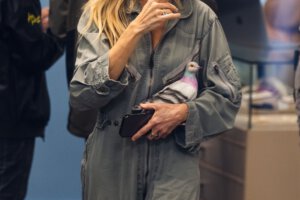PART I: Living the Best of Both Worlds, Until Society Told Me Not To
Title Image by: Şeyma Sarıyıldız, @_bysusu
“Once welcomed with open arms, now met with disdain, we seek to fulfill their dreams and justice in their name.“
Around the age of eight, I first realized that I was different from my white peers, marking the beginning of my awareness of being perceived as an outsider. In elementary school, my teacher tried to prohibit my friends and me from speaking Turkish during breaks. On class picture day, my teacher wanted a white student to stand next to her and was visibly disappointed when the photographer chose me instead. At the end of the school year, she repeatedly told my parents that my German wasn’t good enough for the middle school I desperately wanted to attend, advising them to consider a less challenging school instead.
During that time of my childhood, I never questioned anything about my identity. I saw myself as a Turkish girl who happened to be born in Vienna, Austria—truly living my most dreamed “Hannah Montana” Best of Both Worlds life. But as soon as I entered society, all I could think of was how to get rid of the part of me that made me somewhat unlikable to authorities. With the beginning of middle school, I started neglecting the parts of me that were not “Austrian” enough. Over the years, I slowly started to lose fluency in the language that I was once fluent in and my parents proudly had taught me. I also started to be embarrassed of the woman who made me into the person that I am because, at some point in my life, I was taught that she was also not Austrian enough. Growing up, you absorb those wrong, inhuman ideologies because you are taught to listen and believe what grown-ups tell you. Looking back, the one piece of advice I would have given my younger self would have been: DON’T. The children around me, including myself, always knew that the differences we had were what made us unique. We would teach each other words, introduce one another to delicious dishes made by the hands of our mothers, and even Bluetooth each other cultural music (yes, that used to be a thing).
The older I got, the more I realized that it was specifically my heritage that seemed to be a problem for this society. Leaving school and seeing political billboards directly insulting people who looked like my mother. The news kept on calling the district I loved spending time in “little Istanbul,” “the ghetto,” and “dangerous.”
Some days, I’m told to present myself as a proud Austrian, since that is where I was born and raised. Other days, my identity is reduced to just being “ethnic,” leaving me utterly confused about who I am. When I talk to people about how it feels to be caught between two different worlds, I often describe it as holding onto two ropes, each pulling me in opposite directions. I would rather let go of both, but both of them give me a sense of belonging. So I started doing the work on my own, slowly but surely finding my bubble of people who are just as confused about their identity as I am (trauma bonding IS real) and also embracing the fact that I am just as much Austrian as I am Turkish.
Now I have people asking me why I always switch between calling myself either Turkish or Austrian and passively telling me that I should choose. After many years of fearing answering the good old “Where are you from” question, I have come to the realization that I do not owe anyone any explanation whatsoever.
Some days I feel like putting on my mom’s hijab and spending hours rolling grape leaves and talking with my mother about God and the world. Other days, I fully embrace my grumpy Austrian personality and get angry with people who do not understand the concept of standing on the right side of the escalator and walking on the left side.
Yes, I switch.
No, I do not have to choose one “side.”
Because guess what?
I certainly am both.








